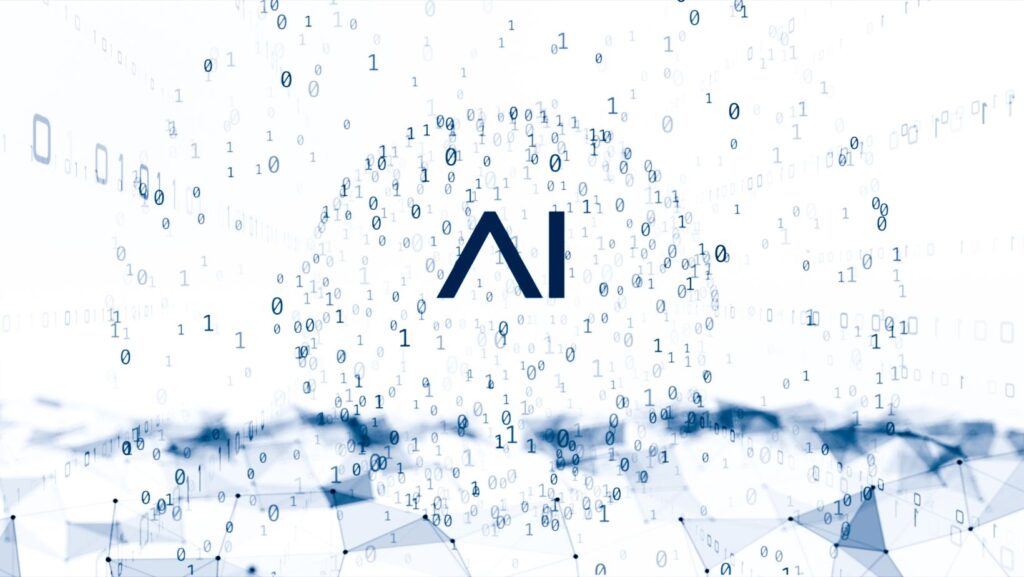As someone deeply immersed in the world of technology, I find the future of artificial intelligence to be both thrilling and revolutionary. The rapid advancements in AI are reshaping industries, transforming the way we live, work, and interact with machines. From self-driving cars to personalized recommendations, the possibilities seem endless.
In this article, I’ll delve into the exciting developments and potential challenges that lie ahead in the realm of artificial intelligence. As AI continues to evolve, it’s crucial to explore its impact on society, ethics, and the job market. Join me on this journey as we uncover the endless opportunities and complexities that the future of AI holds.

Future of Artificial Intelligence
Artificial intelligence (AI) has significantly impacted various industries, transforming the way businesses operate and enhancing overall efficiency. Here are some key points to consider:
- Healthcare: AI is revolutionizing healthcare by improving diagnostics, personalized treatment plans, and drug discovery processes. It enables healthcare providers to analyze vast amounts of data quickly and accurately, leading to better patient outcomes.
- Finance: In the finance sector, AI plays a crucial role in fraud detection, algorithmic trading, risk management, and customer service. By leveraging AI-powered systems, financial institutions can streamline operations and offer personalized services to clients.
- Transportation: The transportation industry has seen notable advancements with the integration of AI. Autonomous vehicles, powered by AI algorithms, are transforming the future of transportation by enhancing safety, optimizing traffic flow, and reducing accidents caused by human error.
- Manufacturing: AI-driven technologies have revolutionized manufacturing processes by enabling predictive maintenance, quality control, and inventory management. Smart factories equipped with AI systems can increase productivity, reduce downtime, and optimize resource allocation.
- Retail: AI has reshaped the retail industry through personalized recommendations, inventory management, and customer insights. By analyzing consumer behavior and preferences, retailers can create tailored shopping experiences that improve customer satisfaction and drive sales.
- Energy: AI is making significant strides in the energy sector, enhancing resource optimization, predictive maintenance of infrastructure, and renewable energy integration. By leveraging AI, energy companies can improve efficiency, reduce costs, and minimize environmental impact.
- Media and Entertainment: AI is transforming the way content is created, distributed, and consumed in the media and entertainment industry. From personalized content recommendations to automated content production, AI technologies are reshaping the future of entertainment.
- Education: In the education sector, AI is being used to personalize learning experiences, automate administrative tasks, and enhance student engagement. Adaptive learning systems powered by AI algorithms can cater to individual student needs and improve academic outcomes.
By leveraging the capabilities of AI across various industries, businesses can unlock new opportunities, drive innovation, and stay ahead in an ever-evolving competitive landscape.
Transformation of Daily Life
- Personalized Assistance
- Health and Wellness
- Transportation
- Retail and Shopping
- Entertainment

Future Job Market
In the future job market, AI will reshape industries by automating routine tasks and augmenting human capabilities, creating new opportunities for specialized roles that require creativity, critical thinking, and emotional intelligence.
According to a report by the World Economic Forum, by 2025, 85 million jobs may be displaced by AI, but 97 million new roles could emerge, emphasizing the need for upskilling and reskilling to adapt to evolving job requirements.
Emerging job roles in AI will include AI ethicists, data scientists, automation specialists, and cybersecurity analysts, highlighting the demand for expertise in managing AI systems, ensuring ethical practices, and safeguarding data privacy.
Conclusion
As we look ahead, the future of Artificial Intelligence (AI) appears promising, with its widespread impact across industries. Ethical considerations like data privacy and bias mitigation will be crucial in shaping AI’s trajectory. The evolving job market will see a shift towards automation and specialized roles, emphasizing the importance of upskilling. New opportunities in AI-related fields, such as AI ethicists and data scientists, highlight the demand for expertise in managing AI systems.
Continuous learning and adaptability will be key for individuals navigating the dynamic workplace influenced by AI advancements. Embracing these changes will be essential for thriving in a world where AI continues to revolutionize how we work and interact.
